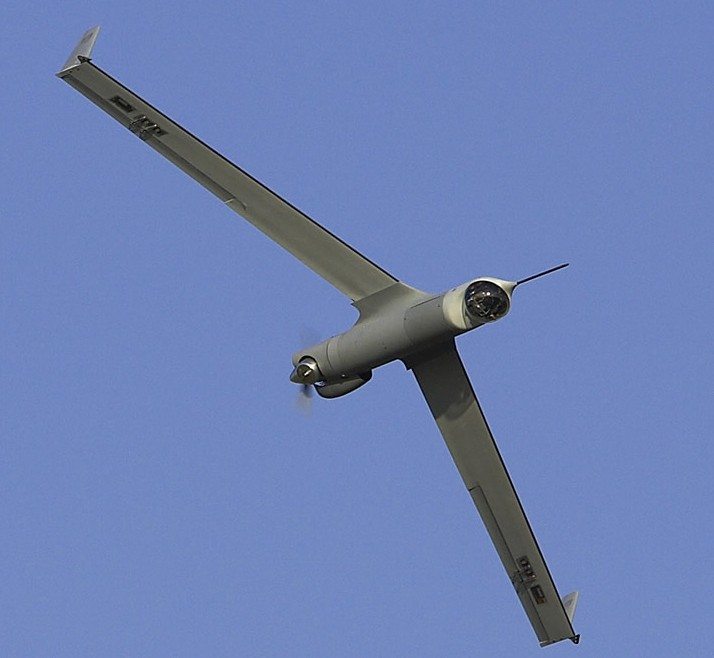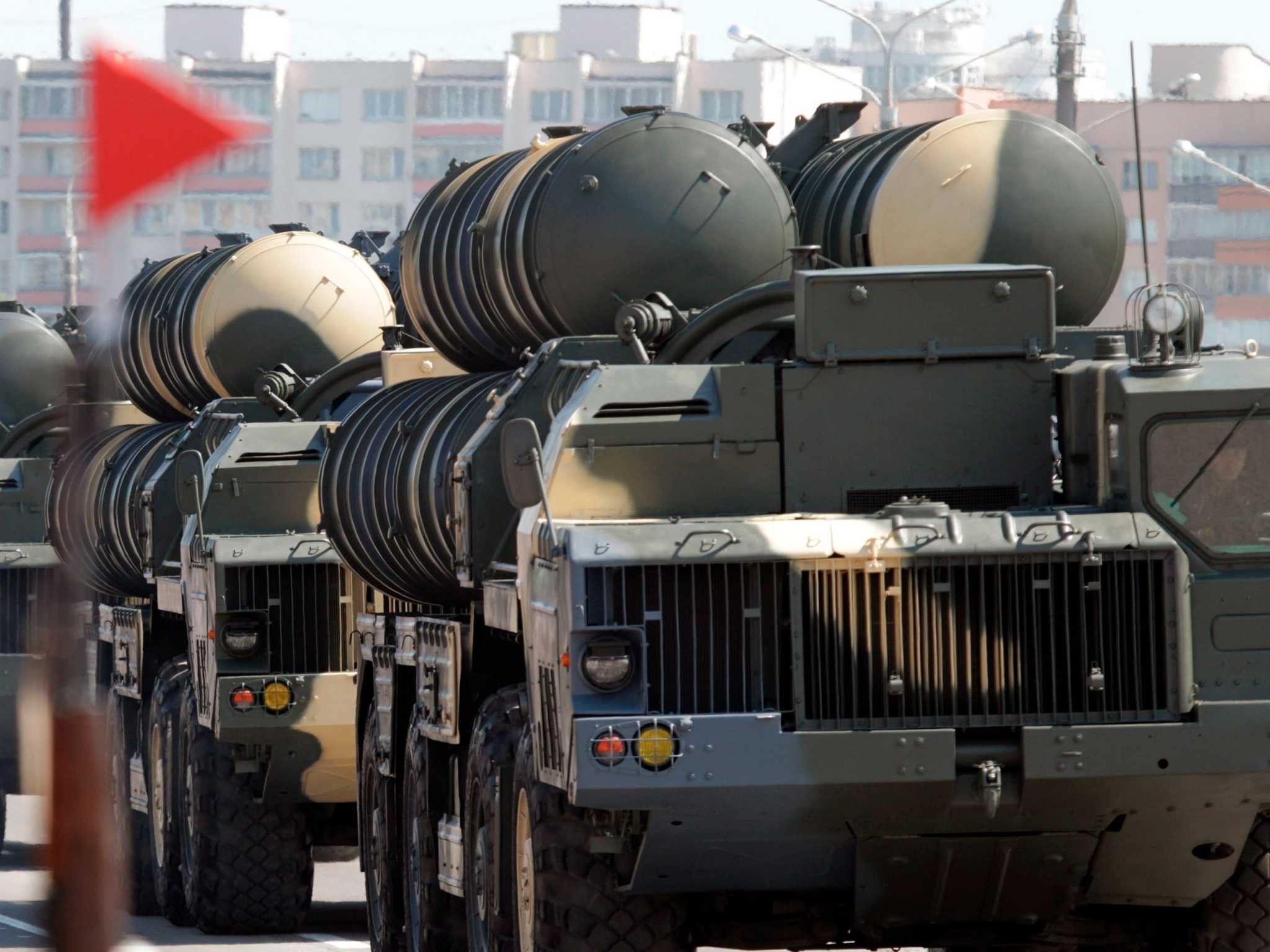ScanEagle drones have helped tackle drug gangs, people smugglers, and pirates for the past three years of operations.
But now the Royal Navy drone program, described by the MoD as “crucial” and “game-changing” when it was launched, is set be retired next year.
A contest called Unmanned Warrior, between underwater and air drones from different companies, will be held off the Scottish coast in autumn, however.
A Royal Navy spokesman said:
“The Royal Navy sees Unmanned Air Systems as integral to future operations. Unmanned Warrior confirms this commitment whilst providing an opportunity to inform ScanEagle replacement decisions in an increasingly advanced, competitive and important market.”
But sources told the Telegraph that budget constraints mean the Navy is now expected to be without ship-based drones for at least two years.
At conception, the £60 million Boeing program was propelled into service with emergency Treasury funds, but these won’t be available next year.
The program has been useful because ScanEagle, launched by catapult from the deck of a frigate, can be remote-piloted and provide footage for 10 hours.
This capacity has been used to full effect, such as when HMS Richmond was involved in a massive drugs bust after spotting and tracking smugglers off the coast of Africa with her drone.
After intercepting the six drug carrying vessels, HMS Richmond commander Mark Anderson said:
“Richmond has played her part in disrupting the narcotics supply routes via Africa into Europe and the UK, working with France, Australia, New Zealand and Tanzanian authorities… It’s a unique thing the Royal Navy can do, deploying thousands of miles from home, working side by side with regional allies and having a direct impact on the supply of narcotics into the UK”.











